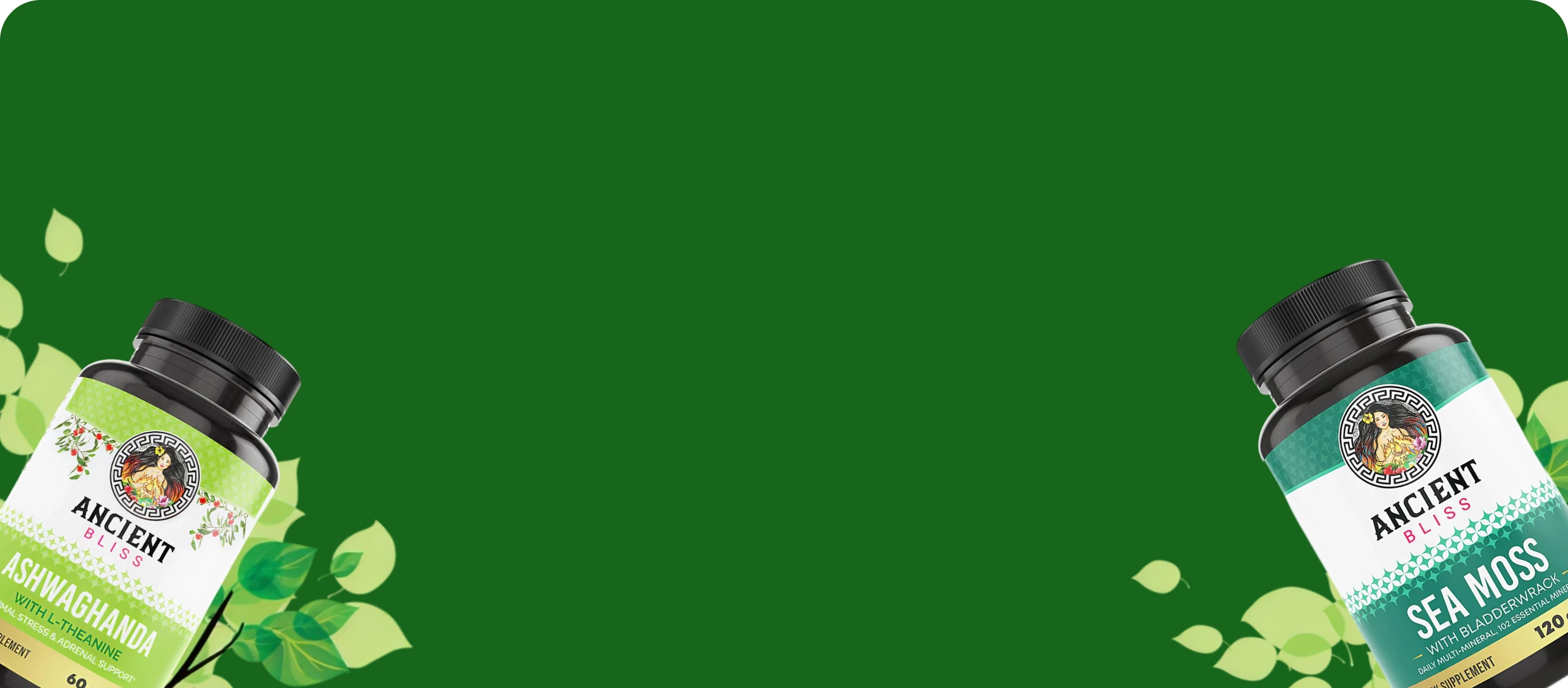Simple Habits You Need to Take Care of Your Mental Health

Today, mental health is a taboo topic, and not everyone wants to discuss it.
As a society, we tend to shame mental health issues and tell people to suck it up. But, the truth is, our mental well-being matters as much as our physical health, if not more.
Plus, as you’ll see in a moment, psychiatric health depends on far more than sucking it up or quitting being a baby.
Without further ado, let’s go over the five habits you need to elevate your mental health and reduce the risk of depression, anxiety, and other similar disorders.
1. Exercise Regularly
Exercise is one of the best habits we can adopt to improve our health, prevent psychiatric issues, and reduce the risk of chronic disease (1, 2). Research suggests that people who exercise regularly are happier, more fulfilled, and less likely to suffer from depression, anxiety, or chronic stress (3, 4).
Interestingly, exercise appears beneficial for people already suffering from a condition such as depression (5). The best part is, you can pick from all sorts of activities and do what you enjoy, be it running in the park, lifting weights, hiking, dancing, or something else.
2. Practice Gratitude
Life isn’t all fun and games. We can’t always experience happiness or stay out of trouble despite our best intentions. Plus, given larger issues, like the Covid-19 pandemic, it can be challenging to stay positive.
Being grateful is a matter of choice few people make. Most choose to dwell on the bad things, but doing so doesn’t contribute to your health or well-being in any way. It only contributes to feelings of hopelessness.
People who practice gratitude regularly are more likely to look on the positive side, experience positive emotions, sleep better, express more compassion, and possibly maintain stronger immunity (6).
According to experts, keeping a simple gratitude journal and writing down positive things is a fantastic way to make them stick in your mind, allowing you to maintain a positive outlook on life. For example, you can write down something positive that’s happened at work, but it could also be something insignificant.
3. Connect With Positive And Like-Minded Individuals
Many people don’t realize it, but the company we keep can profoundly impact our outlook, well-being, and happiness. As the saying goes, “You are the average of the five people you spend the most time with.” Spend time with happy people, and you will be one, too. In contrast, spend your time with people who find a problem for every solution, and misery will eventually follow.
While it might seem difficult, we are in charge of who we spend our time with, and there is always a way to make a positive change. Of course, doing so requires that we take an objective look at the people that surround us and ask ourselves, “Are these people good for me, or do I always find myself feeling sad and depressed after spending time with them?”
Connecting with positive and like-minded people is a true gift because it can improve your mental health, teach you many things, and lead to greater fulfillment in your personal and professional life (7).
Good places to find like-minded people include:
- Online forums
- Meetup groups related to your interests
- Local communities
4. Do Volunteer Work
Doing volunteer work can bring a level of fulfillment that few other things in life can match. Helping people in need is an amazing way to bring positivity to our world, make a difference in someone’s life, and feel good about yourself (8).
Volunteering is a great way to expand your perspective, share knowledge, boost your happiness, become more confident, and forget about your worries for a while. As a volunteer, you also get to surround yourself with other positive people who are there to help and positively impact the community.
5. Meditate
We live in a fast-paced world, constantly barraged with obligations, emergencies, and deadlines. Each day presents us with a constant stream of challenges, and few people ever slow down to take a breath and look at where they are.
The problem with rushing through life is that we can’t slow down to appreciate what we have, think about what we want from life, or take a break. Our mind is occupied by work that keeps us disconnected from everything else. Over time, we lose our ability to enjoy life, our relationships deteriorate, and we find ourselves asking, “How did I get here?”
Meditation is one simple practice that might offer help with this particular issue. The practice is ancient and provides numerous benefits to the mind, body, and soul. According to research, folks who meditate maintain a more optimistic outlook and tend to be happier (9). Meditation also makes us more mindful and better able to remain objective and solve issues (10).
The best part is that meditation can deliver these benefits in exchange for a few minutes of daily practice. For example, as you get out of bed in the morning, sit down in a comfortable position and do some deep breathing. Clear your mind as best as possible, observe as thoughts come and go, and exist in the moment.
In same category
-
![]()
Simple Habits You Need to Take Care of Your Mental Health
Today, mental health is a taboo topic, and not everyone wants to discuss it. As a society, we tend to...
-
![]()
Simple Habits You Need to Take Care of Your Mental Health
Today, mental health is a taboo topic, and not everyone wants to discuss it. As a society, we tend to...
-
![]()
Simple Habits You Need to Take Care of Your Mental Health
Today, mental health is a taboo topic, and not everyone wants to discuss it. As a society, we tend to...







